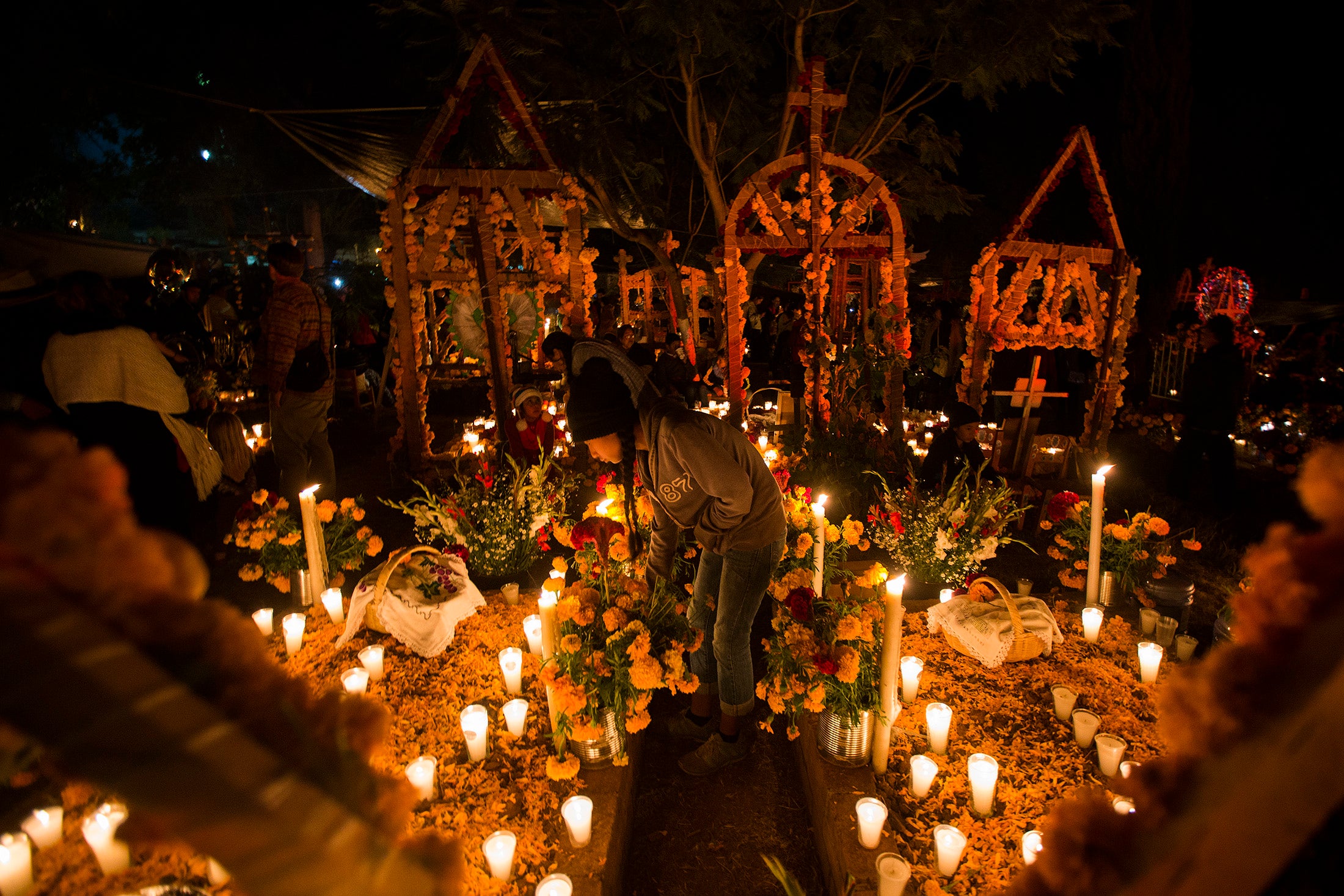This term in health, we’ve been learning about death, dying in the afterlife, and how different cultures celebrate it. We even watched the movie Coco, which taught us about Dia De Los Muertos, or Day of the Dead. After the movie, we created a fact file about the Day of the Dead and shared what we learned. For our next task, we had to choose a historical topic to research. I chose the Spanish flu and learned a lot about it. Then we learned about how to respect and support people when they are going through the stages of grief and what we could do to help them, adding on to the stages of grief we also learned how to cope with grief. Now we were given the task to pick either ace, pro or legend for our health assessment, I had chosen legend and we had to investigate an area of death dying and the afterlife we were interested in or didn’t get the chance to look at. The topic I chose was ‘Cultural Beliefs around Death.
What is your chosen topic for investigation?
I have chosen to investigate cultural beliefs around death, Cultural beliefs around death vary greatly across different societies and religions. In some cultures, death is seen as a natural and inevitable part of life, while in others, it is viewed as a taboo subject that should not be discussed openly. Many cultures hold strong beliefs about what happens to a person’s soul or spirit after they die, with some believing in reincarnation, an afterlife, or a journey to the underworld.
Explain 3-4 interesting pieces of information you read about your topic. Provide links and or pictures to support what you are explaining.

In Mexico, Día de los Muertos is a significant holiday in Mexican culture that celebrates the lives of loved ones who have passed away. Offerings, or ofrendas, are made to honor the dead, including their favorite foods, drinks, and belongings. It is believed that the spirits of the dead return to earth during this time to enjoy the offerings and be with their loved ones.
In Italian culture there are a few similarities with the Mexican culture, death is seen as a natural part of life and is often celebrated through various traditions and customs. For example, the Day of the Dead (La Festa dei Morti) is a time when families gather to honor and remember their loved ones who have passed away. It is believed that during this time, the spirits of the dead return to the earth to be with their loved ones once again.
In the UAE, cultural beliefs around death are deeply important in religion and tradition. It is tradition for family members and friends to gather and mourn the loss of their loved ones for a period of up to 40 days. During this time, prayers from the Quran are said to help the soul of the dead into the afterlife. It is also common for people from their community to come together and provide support and guidance for the family during this time. Many people believe that the dead should be buried as soon as possible, normally within 24 hours of passing, since it is believed that the soul is released from the body at that time.
How did you demonstrate respect towards others’ cultural beliefs that are different to yours? (Extra for excellence)
Personally, I think that it’s very important to show respect towards other people’s cultural beliefs, even if they are different from my own. One way that I try to do this is by listening carefully to what others have to say about their beliefs and customs, and by asking questions when I don’t understand something. I think that showing a genuine interest in learning about other cultures, respecting them, and being cautious of your own behavior and how it can impact others can help every factor of hauora, especially when someone has recently had a close one pass.
Why is it important that you take care of all areas of hauora when we experience change, loss, or grief? (Extra for excellence)
it is important that I take care of all areas of my Hauora because It can have negative effects on my health. By paying attention to my physical health (Taha Tinana) through exercise and right nutrition, my mental health (Taha Hinegaro) through therapy or other kinds of support, and my social health (Taha Whanau) through talking with loved ones, I get through these difficult times and come out stronger on the other side. For my spiritual health (Whenua and Taha Wairua) is just as important as my physical and mental health, and not paying attention to it can interfere with my emotions. Whenever I feel lost or disconnected, turning to my spirituality can provide comfort and hope. Taking care of all areas of your hauora helps you to cope and take on the grief with losing something/someone.
Thank you for viewing my blog.